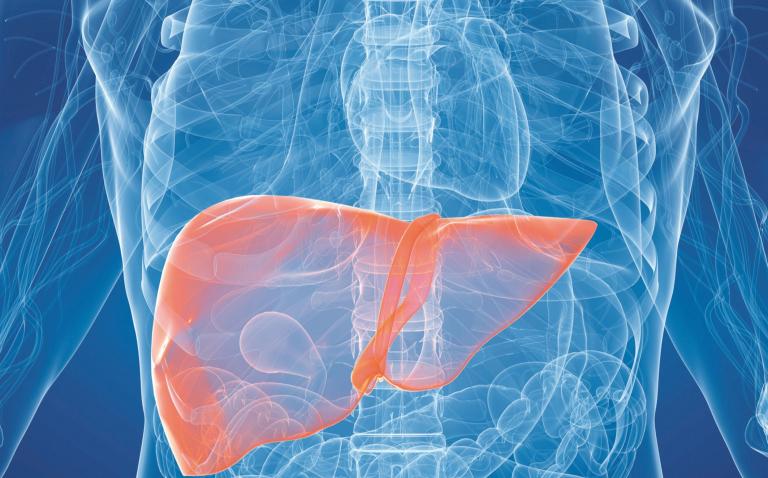Peter Harrison, Managing Director UK at Siemens Healthcare comments: “Early detection is key to the prevention and treatment of liver disease, yet a common misconception is that these tests are out of reach or too harmful for the patient to consider.”
“The reality is there are a number of easily-accessible non-invasive tests and extensive work has already gone into the development of both blood tests and non-invasive imaging techniques such as MRI and ultrasound elastography,” continues Peter Harrison. “New, simple tests such as Enhanced Liver Fibrosis (ELF™) require only a small blood sample, and can indicate whether a patient suffers from slight, moderate or serious liver disease within the hour. With a range of effective solutions available, more needs to be done to ensure patients have access to diagnostic treatment as early in the care pathway as possible, before the damage is irreversible.”
Professor W M C Rosenberg, FRCP, Peter Scheuer Chair of Liver Diseases, University College London explains, “Once a diagnosis of liver disease has been made, clinicians need to determine the extent of the liver damage. The test we have traditionally had at our hands has been liver biopsy. This has been the only established reference test to quantify liver fibrosis, but it is an uncomfortable, daunting experience for the patient and an expensive process for the healthcare system.”
“The discovery of the ELF markers represents a significant advance in the diagnosis of patients with liver disease, with the potential to save tens of thousands of lives if adopted across England. The simple blood test gives us the ability to identify and quantify diagnosis from an early stage and is much more patient-friendly than existing methods. The test is being evaluated by certain CCGs but a real lack of awareness within the market means the test is not yet widely used. I believe clinicians must not only prepare for wider use of the test, but proactively find out where it sits locally and educate colleagues on the benefits.”
Siemens Healthcare is one of the world’s largest suppliers to the healthcare industry and a trendsetter in medical imaging, laboratory diagnostics, medical information technology and hearing aids. Siemens offers its customers products and solutions for the entire range of patient care from a single source – from prevention and early detection to diagnosis, and on to treatment and aftercare. By optimising clinical workflows for the most common diseases, Siemens also makes healthcare faster, better and more cost-effective. Siemens Healthcare employs some 52,000 employees worldwide and operates around the world www.siemens.co.uk/healthcare.










